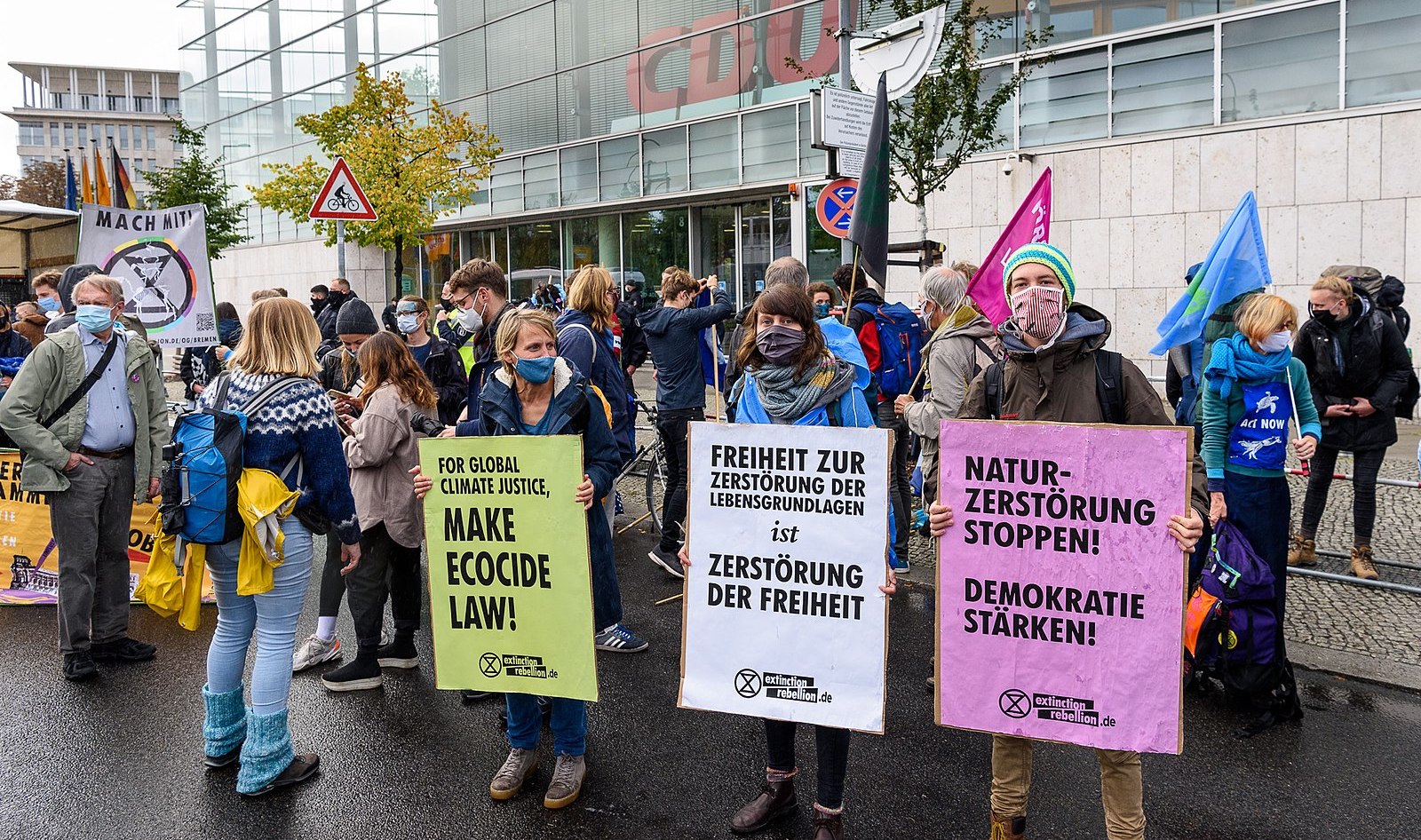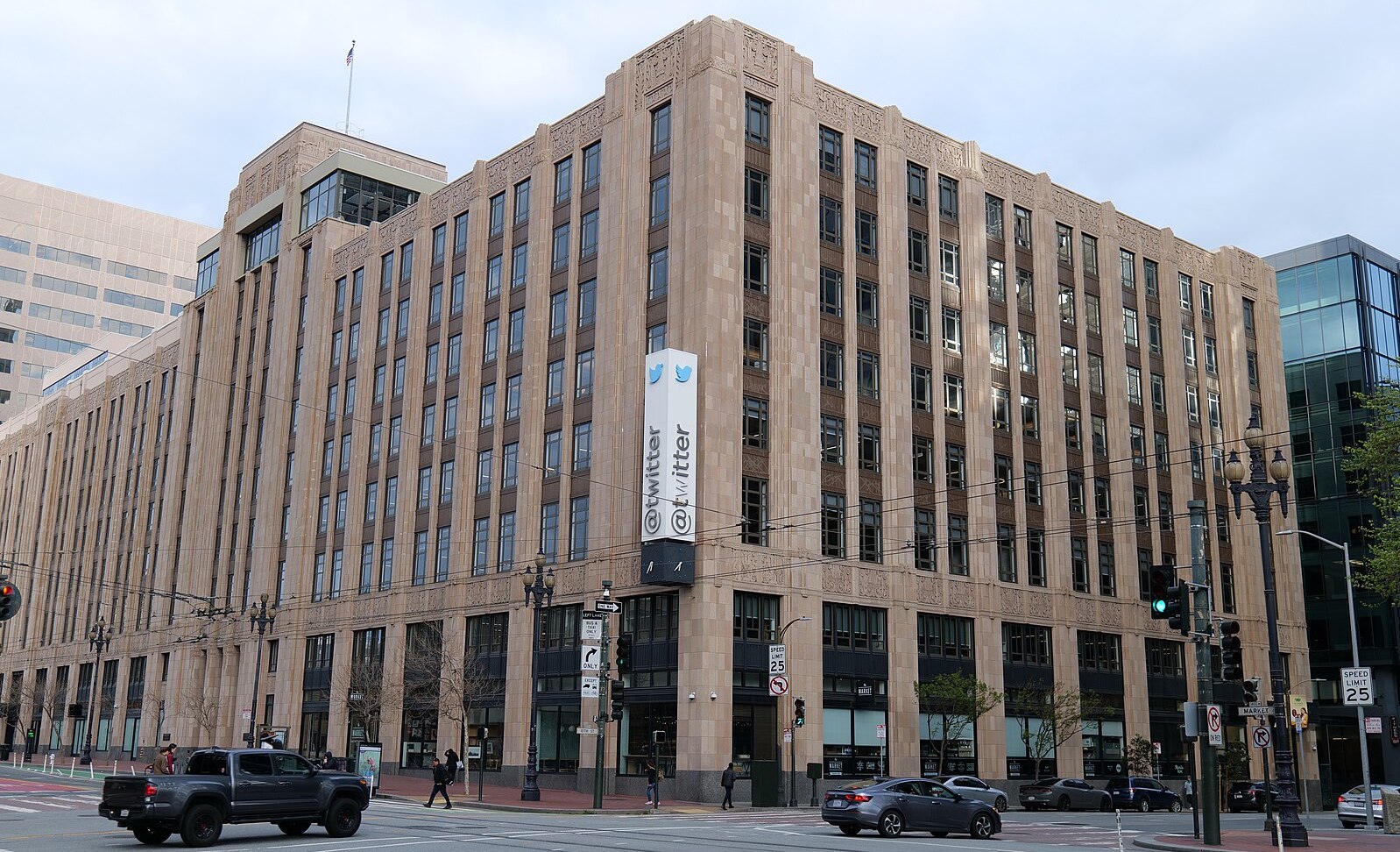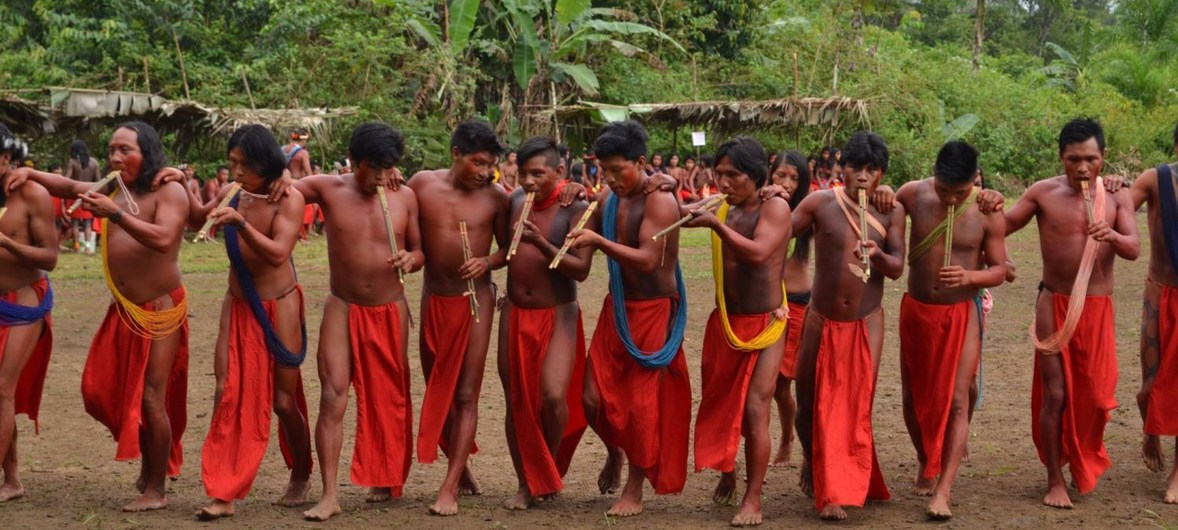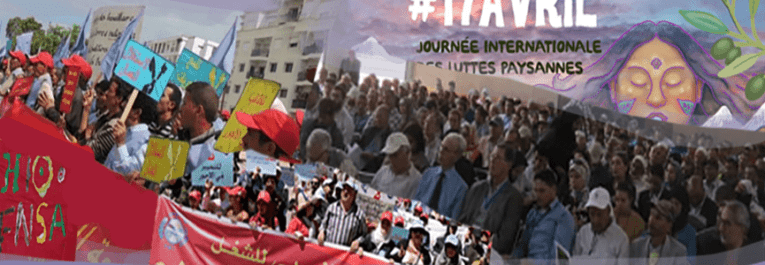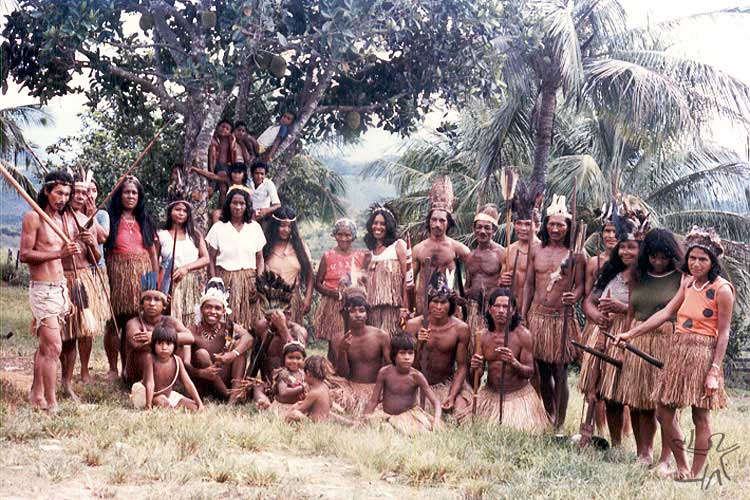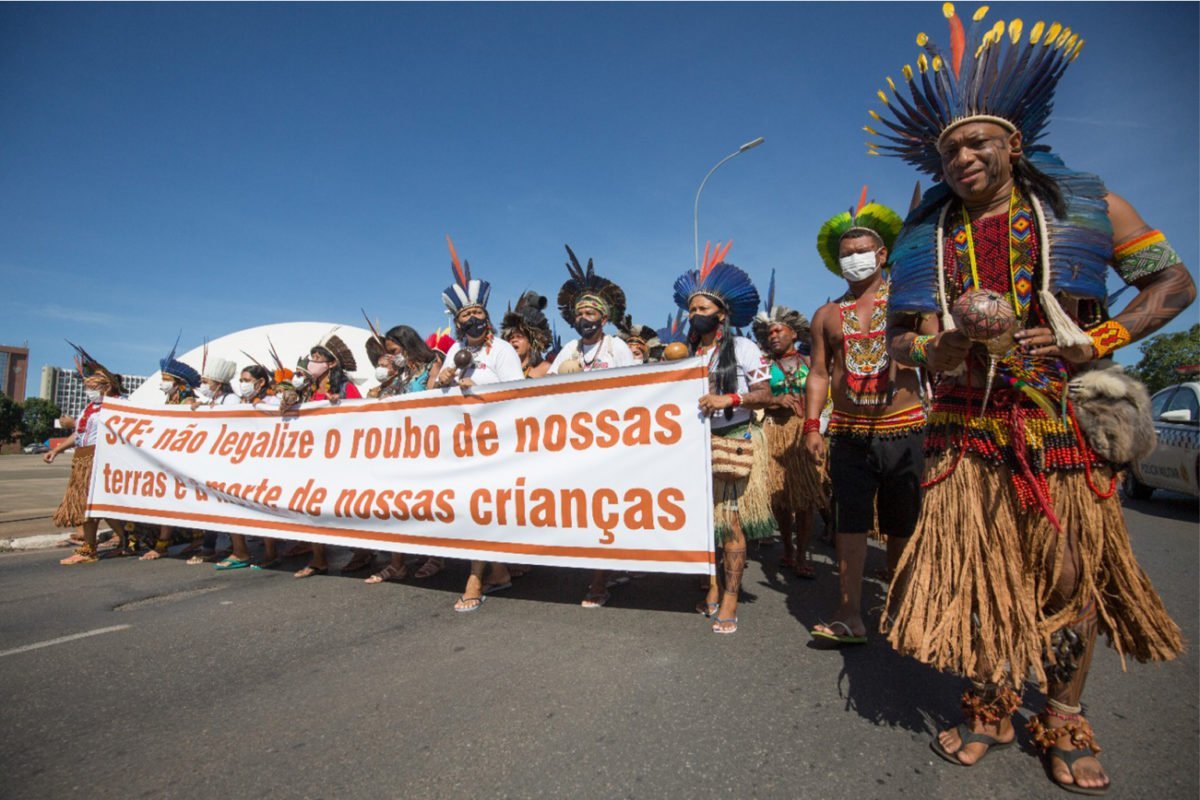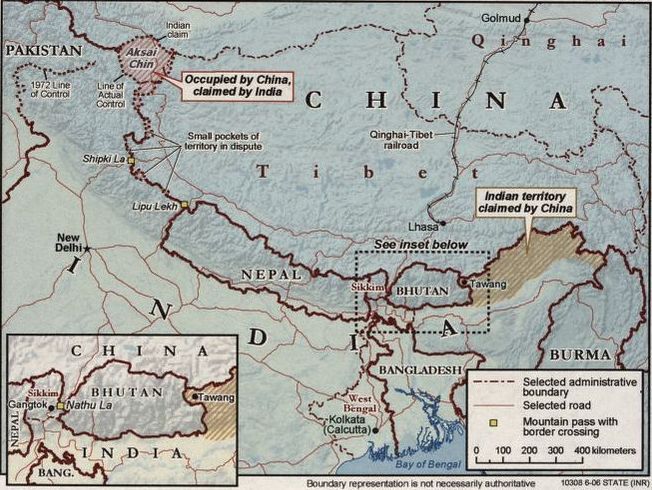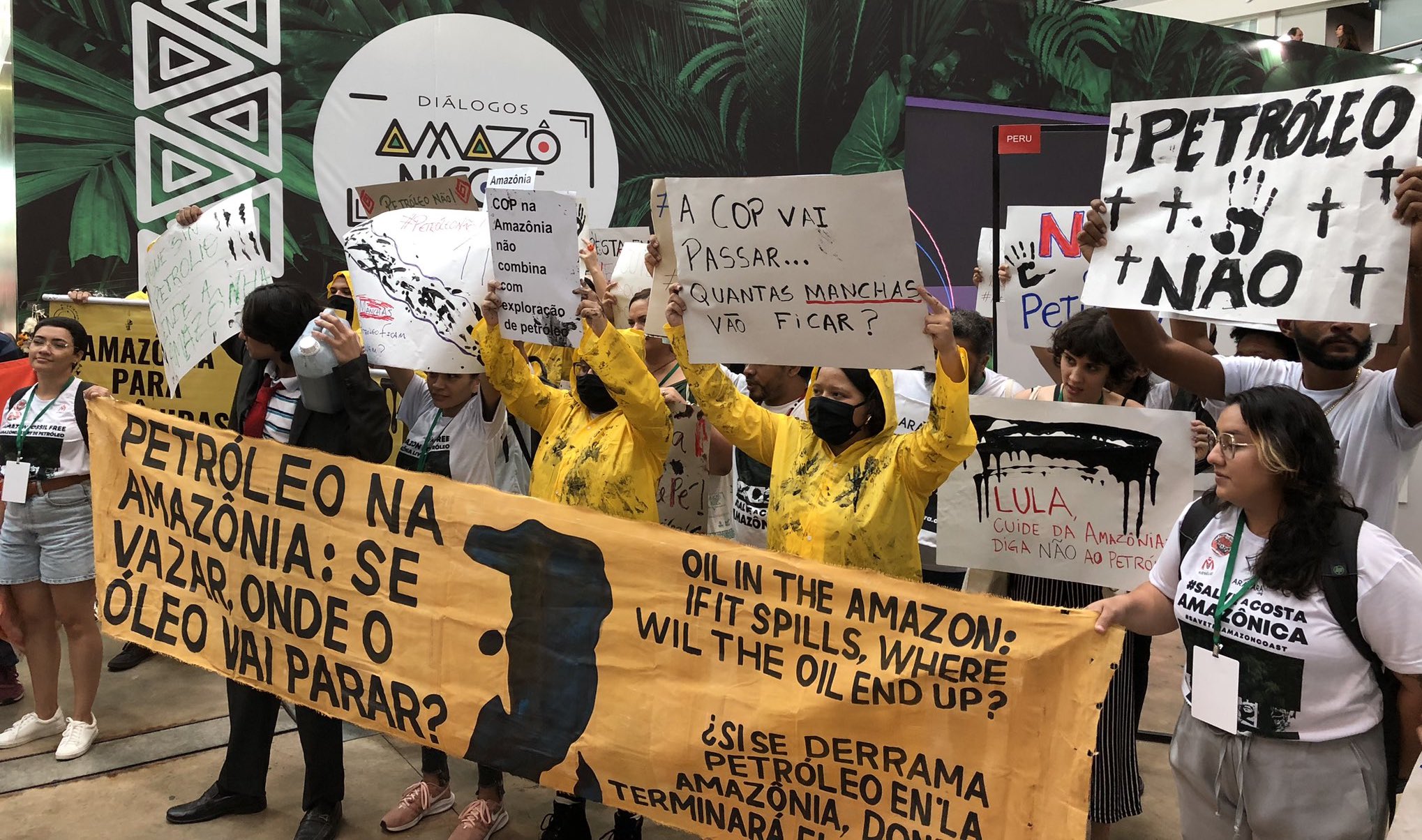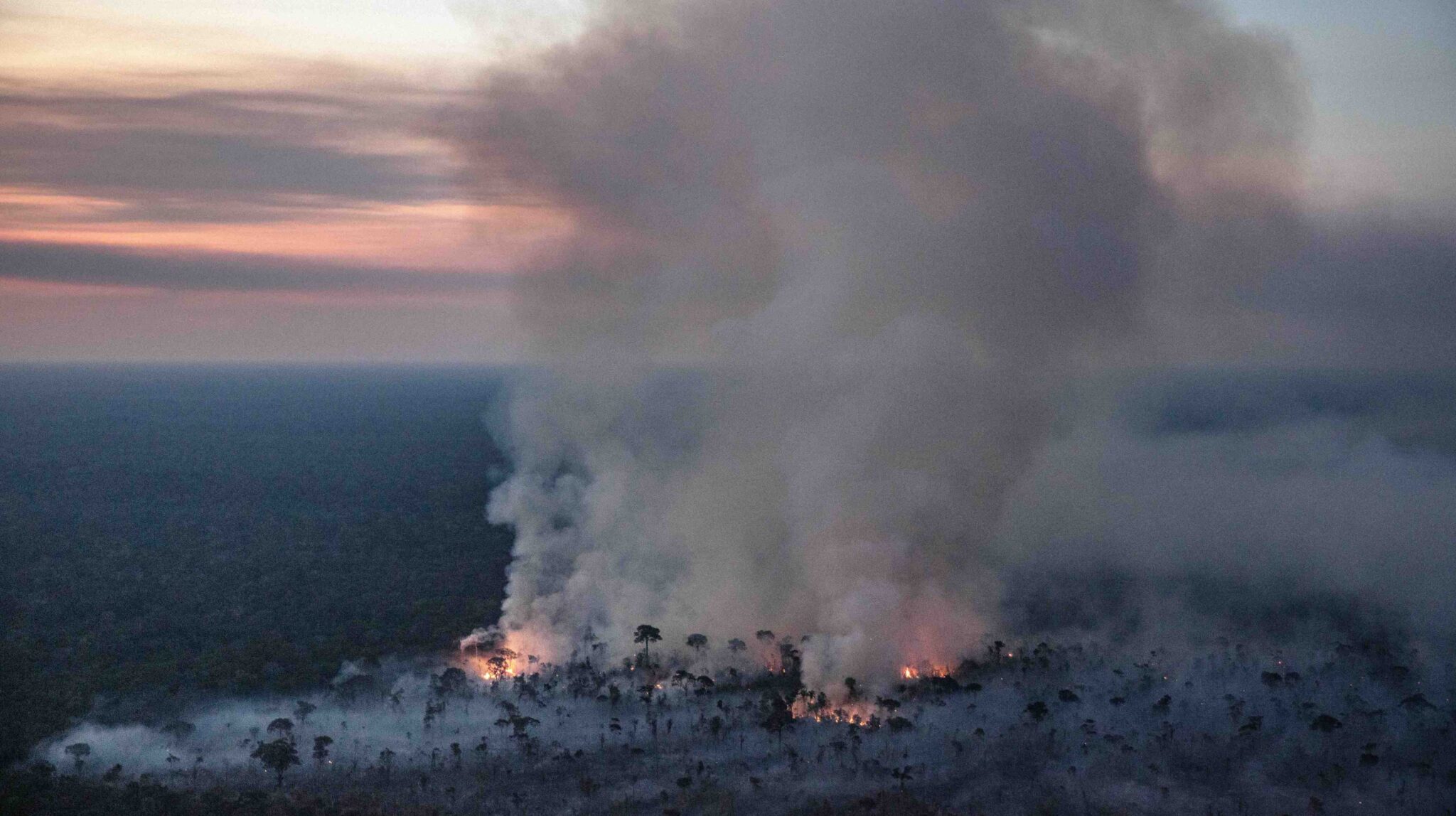
Amazon wildfires release record greenhouse emissions
The Amazon rainforest has seen a record-setting wildfire season this year, fueled by an historic drought and scorching temperatures. In Brazil, the cumulative total estimated carbon emissions from the fires so far in 2024 has reached 183 megatons, according to Europe’s Copernicus atmospheric monitoring service—equivalent to the total annual emissions of the Netherlands. The unprecedented fires come even as overall deforestation (defined as the permanent conversion of forest for another use, such as logging, mining or farming) has dropped in Brazil since President Luiz Inácio “Lula” da Silva took office in January 2023. Fires now account for a much higher proportion of forest loss. (Photo: Marizilda Cruppe/Greenpeace via Mongabay)



